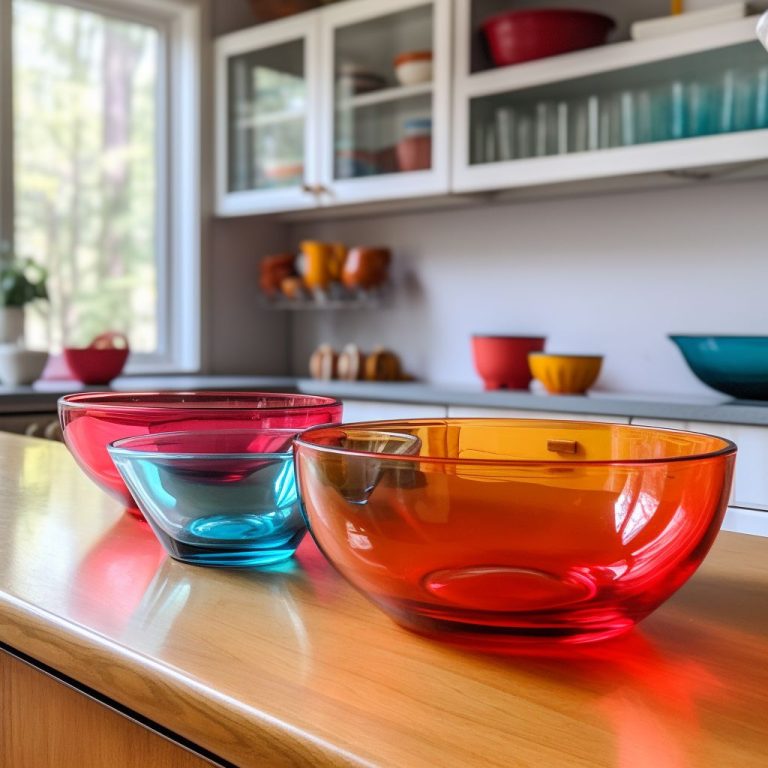Pyrex, a brand synonymous with kitchenware, has been a staple in households for decades. Known for its durability and resistance to temperature extremes, Pyrex glassware has been trusted by cooks and bakers worldwide. However, in recent years, there have been concerns about Pyrex cookware exploding under certain circumstances. This has raised questions about its safety and why such incidents occur.
In this article, we'll delve into the safety of Pyrex and explore the reasons behind its occasional explosions. We'll also provide tips on how to use Pyrex safely in your kitchen.
The History of Pyrex
Pyrex was first introduced by Corning Glass Works in the early 1900s. Its borosilicate glass composition made it heat-resistant and a favorite among cooks, as it could easily transition from the freezer to the oven without shattering. However, in the 1990s, the formula for Pyrex glass was changed to soda-lime glass, which is less heat-resistant than borosilicate glass. This shift in composition has led to some of the issues we see with Pyrex today.
Why Does Pyrex Explode?
Thermal Shock:
One of the primary reasons Pyrex can explode is due to thermal shock. This occurs when there is a sudden and extreme change in temperature. For example, placing a hot Pyrex dish directly on a cold surface, such as a wet countertop or in contact with a cold liquid, can cause the glass to shatter. The difference in temperature causes uneven expansion and contraction, leading to stress fractures in the glass.
Is Pyrex safe? Can it randomly explode?
